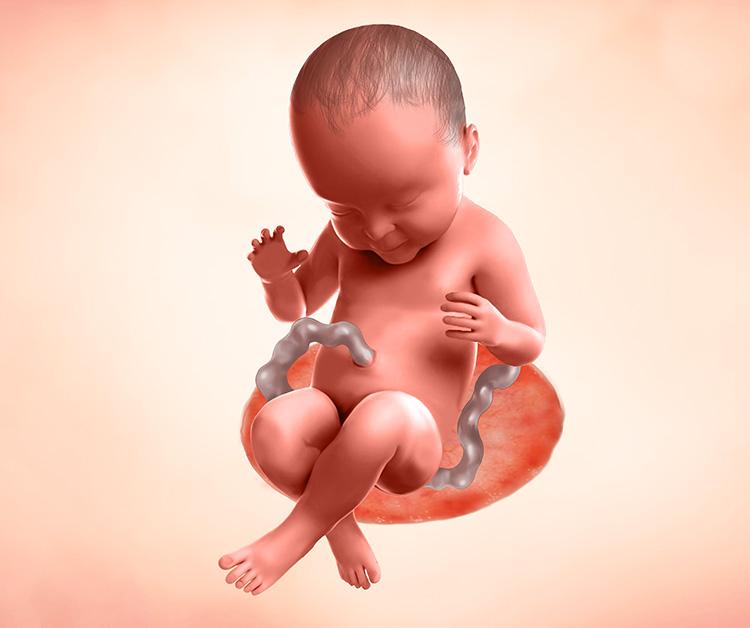Due to maintenance, rewards points for receipt uploads will be delayed. Thank you for your patience!

5 Minute Read
At this stage of your journey, new developments are beginning to unfold. Check out this week-by-week guide to find out what’s in store for your baby and your body in week 40 of pregnancy.
With week 39 of your pregnancy complete, you’re on week 40. Enjoy it—you’re about to have a newborn!
One of the most exciting things about pregnancy is how many changes you’ll experience with your little one over the span of just 7 days! Here’s some tips and tricks to keep on top of all that’s happening.

Your uterus has expanded to the size of a watermelon. To accommodate your baby, it now extends from your pubic area to the rib cage.
| 40 Weeks Pregnant |
|---|
Baby Weight Between 6.5 and 9 pounds |
Baby Length About 20 to 22 inches |
Baby Size Comparable to a jackfruit |
During week 40 of pregnancy, your body is changing quickly. As your baby grows, you will too, and there are certain pregnancy symptoms you may experience at this time.
At 40 weeks, your baby has quite the brain already. However, while your baby’s brain has undergone an amazing transformation throughout your pregnancy, it still has a long way to go. When they are born, most of your baby’s actions are controlled by the lower brain and are called reflexes. Here are some of the actions you’ll see your newborn do:
As the upper regions of your little one’s brain mature, they will lose these reflexes and begin controlling their actions more and more.
Your baby will need lots of attention right after they are born. They’re ready to be loved. Here’s some of what you can expect after delivery:
The issue: At 40 weeks pregnant, you're about to meet your newborn baby, and you're not sure what to expect.
The solution: Although babies develop at different rates, they all experience some rapid changes right after birth in four key areas controlled by the brain. Development in these areas—cognitive, motor, social, and communication—are measured in age‐related milestones. Take a peek at some simple things you can do to support your baby's growth.
All information on Enfamil, including but not limited to information about health, medical conditions, and nutrition, is intended for your general knowledge and is not a substitute for a healthcare professional's medical identification, advice, or management for specific medical conditions. You should seek medical care and consult your doctor or pediatrician for any specific health or nutrition issues. Never disregard professional medical advice or delay seeking medical treatment, care, or help because of information you have read on Enfamil.